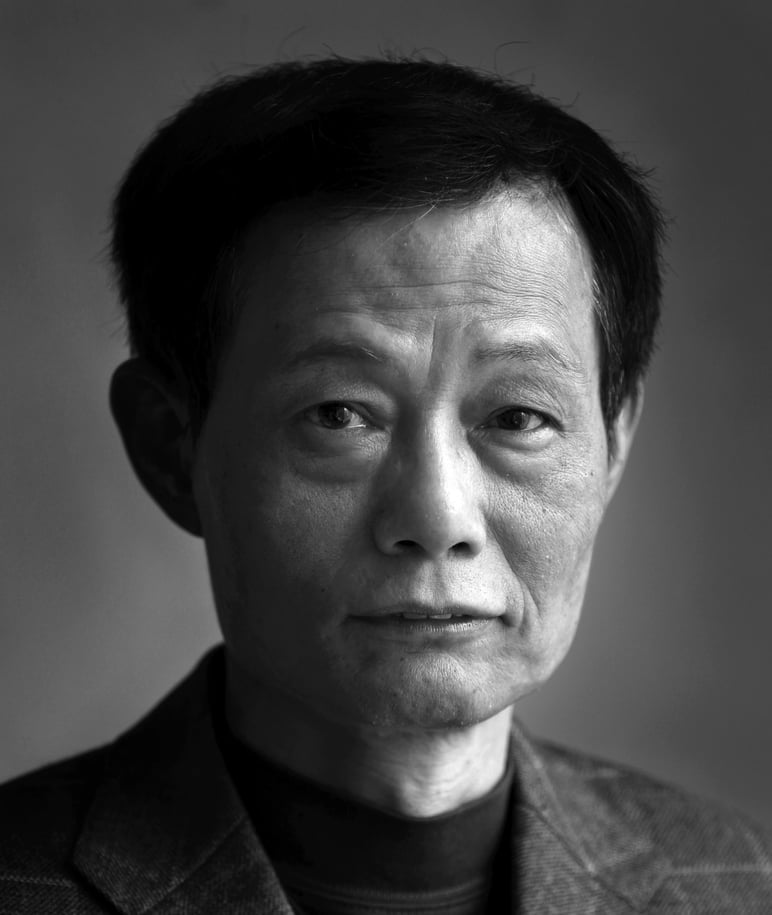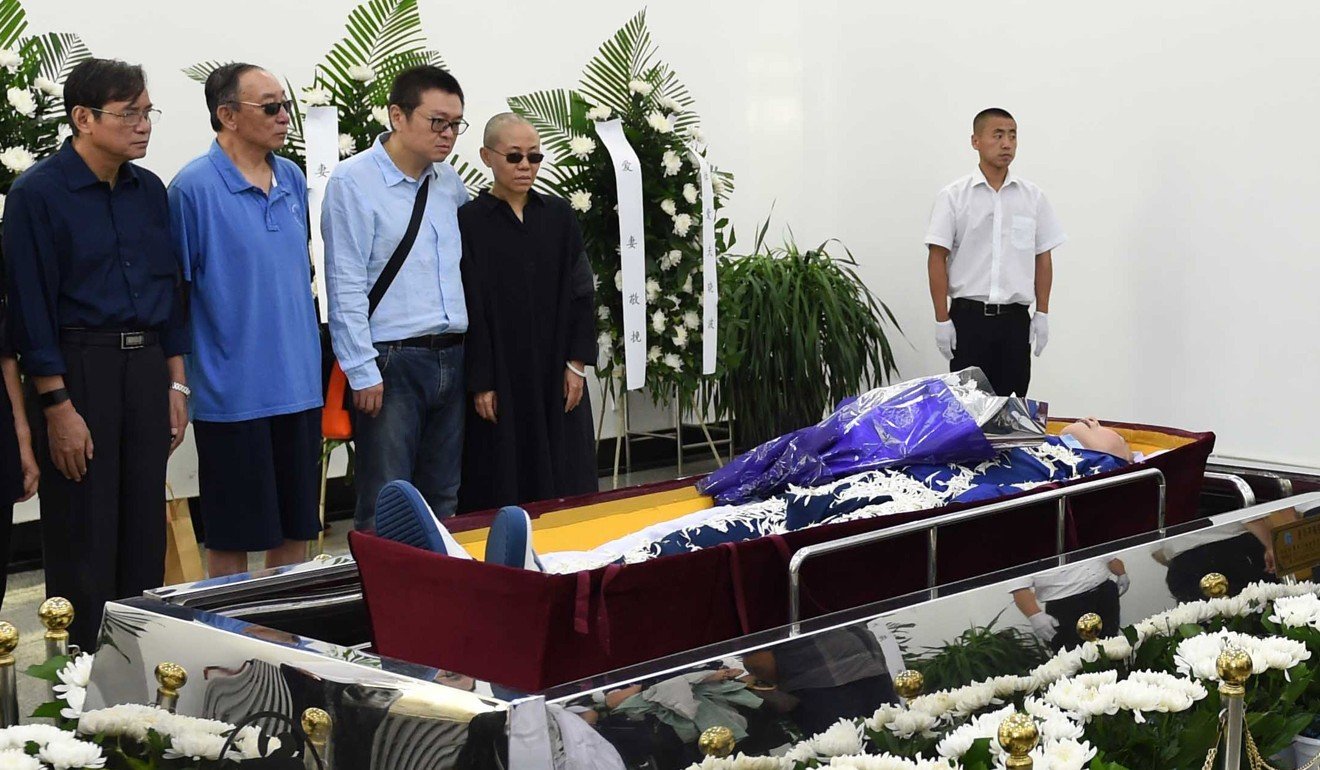
Why Liu Xiaobo is the role model that a modern China sorely needs
Cary Huang says in life the rights activist gave up his liberty for the freedom of his people, and in death he has become a symbol for all Chinese aspiring for a freer, fairer, kinder nation
In life, he sacrificed personal liberty for the freedom of the people in the world’s most populous nation. That made him a thorn in the side of the communist leadership.
In death, he has become physically free but cannot rest in spirit, as his passing only amplifies his role as a symbol of the Chinese people’s struggle for human rights, freedom and democracy, making him an even bigger headache for an authoritarian government.

‘I have no enemies’: Why Liu Xiaobo’s passing is a sad story for China and its people
Academic theorists are convinced that democratic reform will be crucial for China to progress from being an emerging economy to an advanced one. Historical facts also suggest that almost all the richest nations, such as the 35 in the Organisation of Economic Cooperation and Development, or the self-ruled Chinese territory of Taiwan, are free democracies with rule of law to protect human rights and individual liberty.
Though he was not a hero to all his countrymen at the time of his death, as most people have only vaguely heard of him, Liu will be remembered by future generations of his countrymen when this country becomes free.
That will be for many reasons: for he was the first Chinese citizen to be awarded a Nobel Prize of any kind while still living in China; for he was the first Chinese citizen to win the most prestigious Nobel Peace Prize; for he was the second laureate who was unable to attend the award ceremony in Oslo; for he endured four jail terms as a prisoner of conscience, more than any of his Nobel peers; for he became the first Nobel Peace Prize winner to die in custody since German pacifist Carl von Ossietzky in 1938.
Watch: Candlelight march in Hong Kong in memory of Liu Xiaobo
Liu Xiaobo joins the pantheon of China’s great patriots
Liu’s impact will go far beyond China’s borders, placing him on a par with any of the greatest in the Nobel Peace Prize family.
The prize has been awarded 97 times to 130 laureates between 1901 and 2016, involving 104 individuals and 26 organisations. Liu will be shining as bright as Martin Luther King Jr, Mother Teresa, Aung San Suu Kyi and Nelson Mandela, for his sacrifice and impact on history. The influence of all these laureates reach far beyond their motherland.
Liu will be remembered as one of most prominent martyrs over the decades, or centuries, to come, as one of those who had fought all their lives for a freer, fairer and kinder nation.
Most important of all is that Liu was, is, and will be, the foremost symbol of the wide-ranging struggle for such accomplishments for a nation with nearly a fifth of the world’s populace. China is sorely in need of such a principled model and Liu fits the role.
Cary Huang is a senior writer at the Post
Correction: An earlier version of this article misstated the year in which Wen Jiabao retired as premier. He retired in 2013, not 2008.

